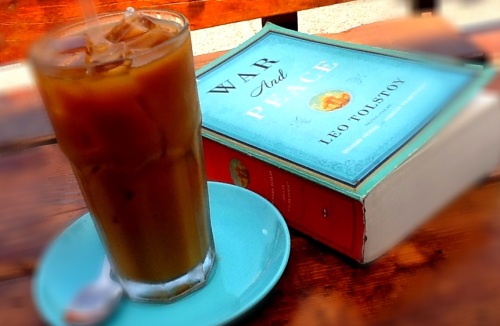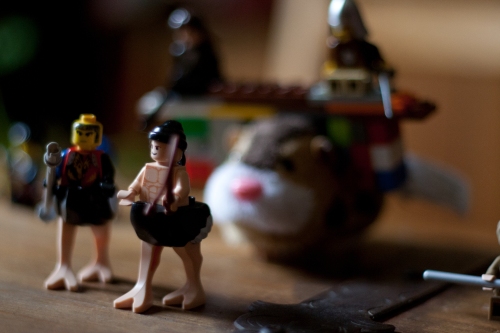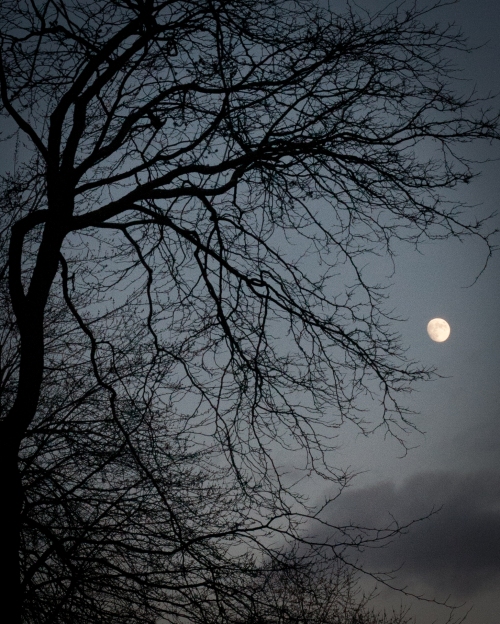Reading 2012
So I just was looking for a PDF of the first volume of Proust online because: Proust. Above the first few words of the Moncrieff translation was a sponsored ad for nasal strips. “Can’t fall asleep?” the ad said. “Try “Breathe Better Nasal Strips!” Breathe better, sleep better!” And that sent me into a vortex of counter-history–I mean, what if Proust had those nasal strips to add to his armature for sleep, his cork walls and covered windows and special underpants? What if Proust could sleep?
These are some of the books that kept me up this year. In the summer, I finally finished “War and Peace.” I’ve picked it up several times before, and I love “Anna Karenina,” but “War and Peace” has always conquered me. There’s that Woody Allen joke—“I took a speed-reading course and read “War and Peace” in twenty minutes. It involves Russia.” It’s one of those books that wants you to clear your schedule or break your leg; you need to be forcefully immobilized for a while, and preferably a little feverish so you can drift into that snowy, strange world. I’m sure that reading it in the Richard Pevear and Larissa Volkhonsky translation made all the difference this time. Parts were still slow going, especially the last forty or so pages (did anyone ever care so much about the relationship between necessity and free will in history, I would myself just split the difference, tomato, tomah-toe, if you know what I mean). I couldn’t figure out if I was supposed to like any of the main characters—if anything, I found them less sympathetic after what seemed to be presented as their redemptive maturations. I was sad when Natasha became fat and domestic. But certain scenes will stay with me forever—Nikolai in his first battle, Pierre during the sacking of Moscow. And finishing it gave me a definite sense of accomplishment. So there it is. I read “War and Peace.” You should read it, really.
The other odd thing about reading “War and Peace” in the summer was that we were reading Tolkien to the boys at the same time, and in my dreams I kept confusing them. Prince Andrei is going to Isengard! Prince Andrei is going to Isengard! Sometimes any epic battle will do.
The other best reading project of the year was re-reading Edward St. Aubyn’s first four Melrose novels, and then finally reading the end of the quintet, “At Last,” which was published in 2011. I devoured them one after another, compelled by his articulate and witty viciousness. He writes sentences that are as beautiful and brittle as your own eggshell heart. The books are lurid and voyeuristic and uncomfortably hilarious, and detail the collective self-immolation of the late-decadent English aristocracy. They’re over the top, but they have no other choice. If you love language, you’ll love these books.
I’m pretty sure I haven’t read my favorite new book of 2012, Alice Munro’s “Dear Life.” She can do no wrong in my eyes. I’m just addicted to that subtle ache, and I’m grateful she exists. Other than that, most of the best new books I read this year are already quite celebrated, so I’m adding my voice to the chorus. Hilary Mantel’s new Cromwell book, “Bring Up the Bodies” is an immersive, full-bodied read—I don’t think I read a more satisfying book this year. The woman has found her subject. Chris Ware’s “Building Stories” is a beautiful object and a gorgeous story. I heard him speak at the D&Q anniversary event this year, and I don’t think that I’ve ever heard anyone at once so preternaturally articulate and so authentically modest. I read “Behind the Beautiful Forevers,” and it might be as good as everyone is saying. I really wanted Junot Diaz to finish the eighties-apocalypse novel that he abandoned for his new short story collection, “This is How You Lose Her,” but I’ll take the collection as compensation. Rajesh Parameswaran’s first book “I Am An Executioner” is smart and ambitious and adventurous in a way that makes you realize how narrow and constrained most short-story collections are these days. I hate-loved Sheila Heti’s “How Should a Person Be”—a deliberately ugly, awkward and compelling book that left me thinking a lot longer than lovelier and lighter fare, and that had James Wood at the New Yorker pulling out his hair with frustration. I loved the first half of Zadie Smith’s “N/W” and watched with horror as it spiraled into incoherence. One wants so much to love Zadie Smith, but I think she’d be a better writer if she wasn’t always trying to be the best student in the class. And Michael Chabon’s new book is as embarrassing as a middle-aged man who wants to show you his really awesome jazz collection. I’m pretty sure it’s the book Lev Grossman is talking about in what might be the nastiest and most cowardly review you will ever read.
Happy solstice and happy New Year, dear readers! The world won’t end today. But tomorrow, the days will begin to get longer.



